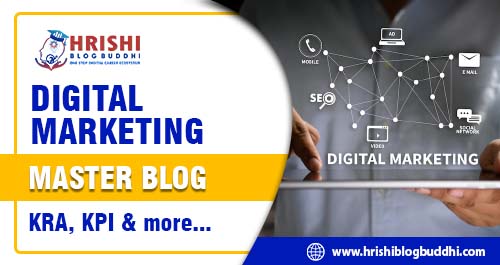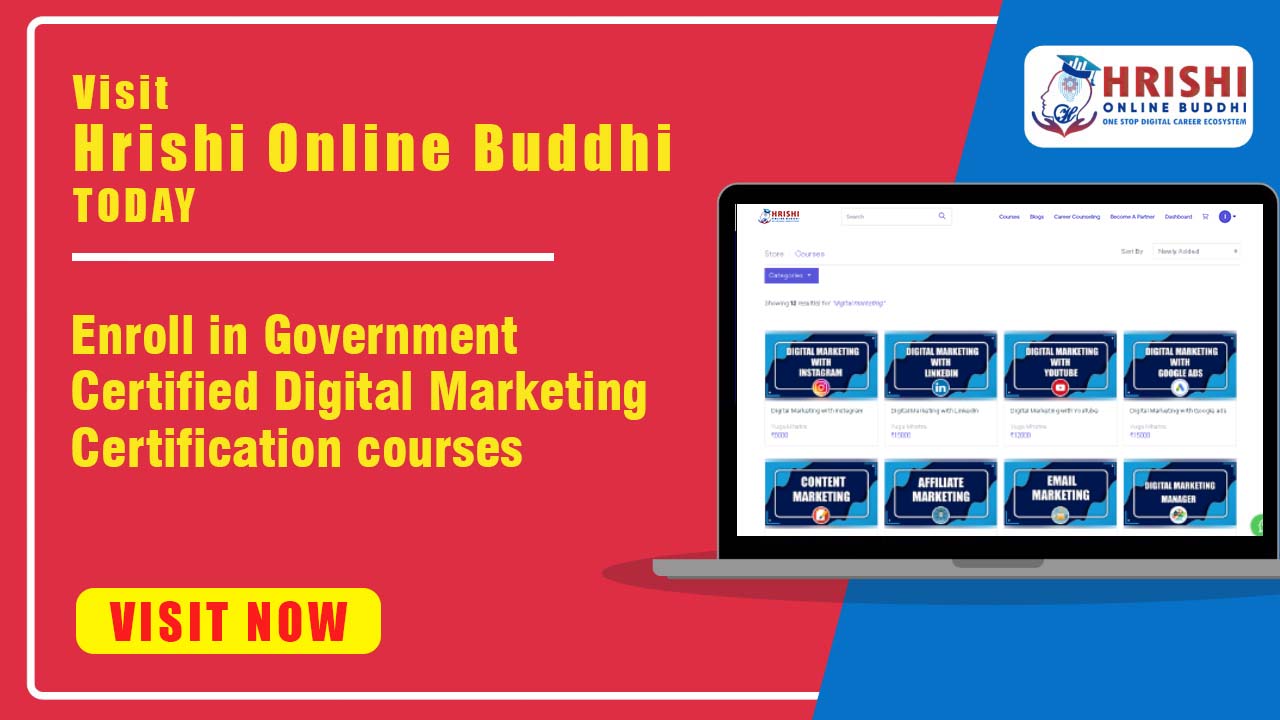I. Understanding the Fundamentals of SEO
A. What is SEO? Search Engine Optimization (SEO) is the practice of optimizing your website and its content to rank higher in search engine results pages (SERPs) organically. It involves various techniques and strategies aimed at improving visibility and driving relevant traffic to your site.
B. Why is SEO important in digital marketing? SEO is crucial in digital marketing because it helps businesses increase their online visibility, attract more organic traffic, and ultimately boost conversions and revenue. By appearing higher in search results, businesses can reach potential customers actively looking for their products or services.
C. How search engines work Search engines like Google use complex algorithms to crawl, index, and rank web pages based on relevance and authority. Understanding how search engines function can help marketers optimize their websites effectively to improve their rankings.
D. Key components of SEO:
- On-page SEO: This involves optimizing individual web pages to rank higher and earn more relevant traffic. It includes optimizing meta tags, headings, content, and internal linking.
- Off-page SEO: Off-page SEO focuses on activities outside your website to improve its authority and credibility. This includes building backlinks from reputable websites, social media marketing, and influencer outreach.
- Technical SEO: Technical SEO deals with optimizing the technical aspects of your website to improve its crawling and indexing by search engines. This includes optimizing site speed, mobile-friendliness, site architecture, and fixing crawl errors.
E. The role of keywords and keyword research Keywords are the foundation of SEO, as they are the terms that users type into search engines to find information. Keyword research involves identifying relevant keywords with high search volume and optimizing your content around them to improve your chances of ranking for those terms.
F. SEO metrics and analytics Monitoring and analyzing SEO metrics is essential for measuring the effectiveness of your SEO efforts and identifying areas for improvement. Key metrics include organic traffic, keyword rankings, backlink profile, bounce rate, and conversion rate.
II. Crafting an Effective SEO Strategy
A. Setting clear goals and objectives Before diving into SEO tactics, it’s crucial to define clear goals and objectives that align with your overall business objectives. Whether it’s increasing website traffic, generating leads, or improving brand awareness, having specific goals will guide your SEO strategy.
B. Understanding your target audience Understanding your target audience’s needs, preferences, and search behavior is essential for crafting a targeted SEO strategy. Conducting market research and creating buyer personas can help you tailor your content and messaging to resonate with your audience.
C. Competitor analysis and benchmarking Analyzing your competitors’ SEO strategies can provide valuable insights into industry trends, keyword opportunities, and areas where you can outperform them. Benchmarking your performance against competitors can help you identify gaps and areas for improvement.
D. Developing a content strategy:
- Creating high-quality, relevant content: Producing informative, engaging, and valuable content is key to attracting and retaining organic traffic. Content should be well-written, visually appealing, and optimized for search engines.
- Incorporating keywords strategically: Integrating relevant keywords naturally into your content can improve its visibility and relevance to search engines. However, keyword stuffing should be avoided, as it can negatively impact user experience and rankings.
- Understanding different content formats: Experimenting with different content formats such as blog posts, videos, infographics, and podcasts can help you diversify your content strategy and appeal to different audience preferences.
E. Building a solid backlink profile Backlinks from authoritative and relevant websites are a crucial ranking factor in SEO. Building a diverse and high-quality backlink profile through outreach, guest blogging, and content promotion can improve your website’s authority and credibility in the eyes of search engines.
F. Optimizing website structure and navigation A well-organized website structure and intuitive navigation are essential for both user experience and SEO. Optimizing site structure, URL structure, internal linking, and navigation menus can help search engines crawl and index your site more effectively.
III. Advanced SEO Techniques
A. Local SEO optimization Local SEO optimization involves optimizing your website to appear in local search results for geographically relevant keywords. This includes optimizing Google My Business listings, local citations, and obtaining positive reviews from customers.
B. Voice search optimization With the increasing popularity of voice search devices like Siri and Alexa, optimizing your content for voice search queries is becoming essential. This involves targeting long-tail keywords, answering common questions concisely, and optimizing for featured snippets.
C. Mobile SEO best practices Mobile optimization is critical, given the growing number of users accessing the internet via mobile devices. Mobile SEO best practices include optimizing for mobile-friendly design, page speed, and mobile-first indexing.
D. Schema markup and rich snippets Schema markup helps search engines understand the content on your website better, leading to enhanced search results with rich snippets. Implementing schema markup can improve click-through rates and visibility in search results.
E. Accelerated Mobile Pages (AMP) AMP is an open-source framework that helps create fast-loading mobile web pages for a better user experience. Implementing AMP can improve page speed and mobile SEO performance, leading to higher rankings in mobile search results.
F. SEO for eCommerce websites eCommerce SEO involves optimizing product pages, category pages, and navigation for improved visibility and conversions. This includes optimizing product descriptions, images, user reviews, and implementing structured data for product markup.
G. International SEO considerations International SEO involves optimizing your website for multiple languages and regions to attract global audiences. This includes hreflang tags, geotargeting, and creating localized content for different target markets.
IV. Measuring Success and Iterating
A. Tracking and analyzing key SEO metrics Monitoring key SEO metrics such as organic traffic, keyword rankings, backlink profile, and conversion rate is essential for measuring the effectiveness of your SEO efforts.
B. Tools for SEO performance evaluation There are various tools and software available for tracking and analyzing SEO performance, including Google Analytics, Google Search Console, SEMrush, Moz, Ahrefs, and more.
C. A/B testing and experimentation A/B testing allows you to compare different versions of web pages or elements to determine which performs better in terms of SEO metrics such as click-through rate, bounce rate, and conversion rate.
D. Continuous optimization and improvement SEO is an ongoing process that requires continuous optimization and improvement based on data-driven insights and feedback. Regularly auditing your website, updating content, and adapting to algorithm changes are essential for maintaining and improving rankings over time.
V. Staying Ahead of the Curve: Evolving Trends in SEO
A. The impact of artificial intelligence and machine learning on SEO AI and machine learning are shaping the future of SEO by enabling search engines to deliver more personalized and relevant search results. Understanding how AI algorithms work can help marketers adapt their SEO strategies accordingly.
B. The rise of video and visual search Video content and visual search are becoming increasingly popular among users, presenting new opportunities for SEO. Optimizing video content for search engines and leveraging visual search technologies can help improve visibility and engagement.
C. The importance of user experience (UX) in SEO User experience is a significant ranking factor in SEO, as search engines prioritize websites that provide a positive user experience. Optimizing for site speed, mobile-friendliness, accessibility, and usability can improve rankings and user satisfaction.
D. The role of featured snippets and zero-click searches Featured snippets are special search results displayed at the top of SERPs, providing quick answers to user queries. Optimizing for featured snippets can increase visibility and drive organic traffic, even for zero-click searches.
E. Voice search and the future of SEO Voice search is expected to continue growing in popularity, presenting new challenges and opportunities for SEO. Optimizing for voice search queries, targeting conversational keywords, and providing concise answers can help improve visibility in voice search results.
VI. Case Studies and Practical Examples
A. Success stories from businesses leveraging SEO effectively Case studies showcasing how businesses have successfully implemented SEO strategies to increase organic traffic, improve rankings, and achieve business goals.
B. Analysis of SEO strategies implemented by industry leaders Examination of SEO strategies and tactics employed by industry leaders and top-ranking websites to identify best practices and actionable insights.
C. Hands-on exercises and real-world applications Practical exercises and real-world examples to help readers apply SEO concepts and techniques to their own websites and projects.
VII. Resources and Further Learning
A. Recommended books, blogs, and websites on SEO A curated list of authoritative resources for further reading and learning about SEO, including books, blogs, and industry websites.
B. Online courses and certification programs Recommendations for online courses and certification programs that provide comprehensive training in SEO principles, strategies, and best practices.
C. SEO tools and software for analysis and optimization A list of essential SEO tools and software for keyword research, rank tracking, backlink analysis, site auditing, and performance monitoring.
D. Industry events and conferences Information about upcoming industry events, conferences, and workshops where professionals can network, learn from experts, and stay updated on the latest SEO trends and developments.
VIII. Conclusion
A. Recap of key takeaways Summarization of the main points covered in the guide, emphasizing the importance of mastering digital marketing through SEO for achieving online success.
B. Encouragement for ongoing learning and implementation Encouragement for readers to continue learning and implementing SEO strategies and techniques to stay competitive in the ever-evolving digital landscape.
C. Final thoughts on the transformative power of mastering digital marketing through SEO Reflection on the transformative potential of mastering digital marketing through SEO and its role in driving growth, visibility, and success for businesses and professionals alike.








